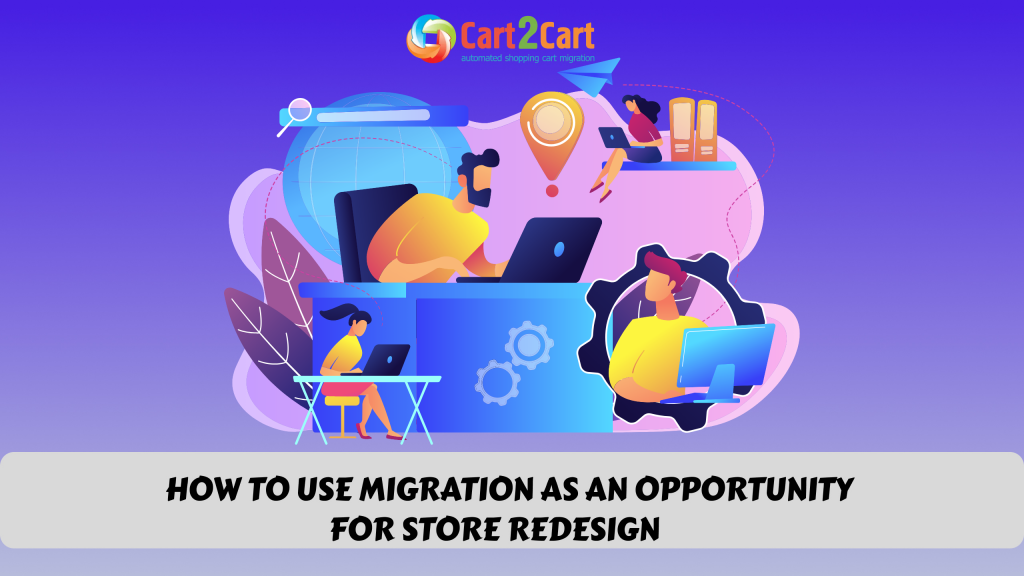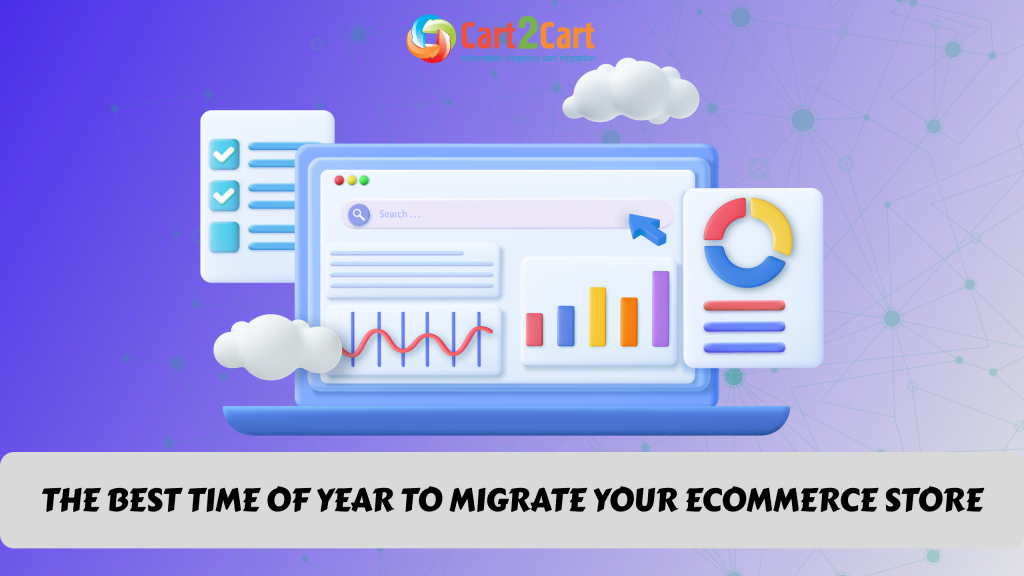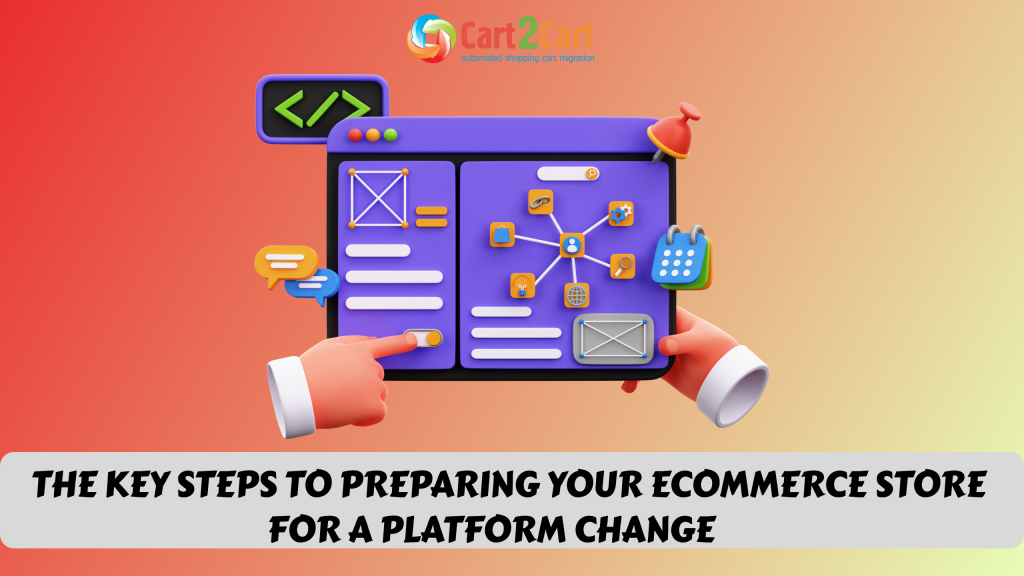
Choosing the right eCommerce platform is a critical decision that can impact your store’s growth, functionality, and overall success. Two of the most popular solutions—Magento and WooCommerce—offer robust features but cater to different types of businesses. While Magento is known for its advanced capabilities and scalability, WooCommerce is favored for its flexibility and ease of use within the WordPress ecosystem.
In this article, we’ll compare Magento vs. WooCommerce across various aspects to help you determine which platform is the best fit for your online store.
1. Ease of Use
WooCommerce
- WooCommerce is a WordPress plugin, making it an ideal choice for those familiar with WordPress.
- It offers a user-friendly dashboard where store owners can manage products, orders, and settings with ease.
- WooCommerce is a beginner-friendly solution, but users may still require some technical knowledge for customizations.
Magento
- Magento, on the other hand, is a standalone platform that requires more technical expertise to set up and manage.
- Its steeper learning curve makes it more suitable for businesses with a dedicated development team.
- The Magento Admin Panel offers powerful store management tools but can be overwhelming for non-technical users.
Winner: WooCommerce – More intuitive and beginner-friendly.
2. Features & Customization
WooCommerce
- Comes with essential eCommerce features, including inventory management, product variations, and payment gateways.
- Being open-source, it allows full customization through themes and plugins.
- Ideal for small to medium-sized businesses that require moderate scalability.
Magento
- Magento provides advanced features out-of-the-box, such as multi-store functionality, built-in SEO, and customer segmentation.
- Highly customizable and scalable for large enterprises.
- Magento 2 supports progressive web apps (PWAs), enhancing mobile shopping experiences.
Winner: Magento – More powerful and feature-rich.
3. Performance & Scalability
WooCommerce
- Performance largely depends on the hosting provider.
- Suitable for small to medium-sized stores but may struggle with high traffic and extensive product catalogs.
- Requires third-party caching and optimization plugins for better performance.
Magento
- Magento is built to handle high traffic volumes and complex catalogs.
- Requires a dedicated server or cloud hosting for optimal performance.
- Advanced caching features like Varnish and Redis improve site speed.
Winner: Magento – Ideal for larger businesses with higher traffic needs.
4. Pricing & Cost Considerations
WooCommerce
- WooCommerce itself is free, but costs arise from hosting, themes, plugins, and security measures.
- Suitable for businesses with smaller budgets who can gradually invest in add-ons.
Magento
- Magento Open Source is free, but hosting, development, and maintenance can be expensive.
- Magento Commerce (Adobe Commerce) is a premium solution with costs starting from thousands of dollars per year.
- Customization and development require higher technical expertise, leading to additional costs.
Winner: WooCommerce – More budget-friendly.
Switching Between Magento and WooCommerce?
Cart2Cart makes migrating from Magento to WooCommerce (or vice versa) effortless! Transfer your products, customers, and orders automatically—no downtime, no data loss. Start your seamless migration today!
TRY IT FREE
5. Security
WooCommerce
- Relies on third-party security plugins for enhanced protection.
- Security depends on WordPress updates, hosting provider, and additional plugins.
Magento
- Built-in advanced security features, including regular security patches.
- Magento’s architecture makes it a preferred choice for enterprises requiring strict security compliance.
Winner: Magento – Better security measures for larger stores.
6. SEO & Marketing Capabilities
WooCommerce
- Built-in SEO capabilities via WordPress and plugins like Yoast SEO.
- Strong content marketing integration due to WordPress’s blogging capabilities.
- Supports various marketing extensions, including abandoned cart recovery and email marketing tools.
Magento
- Advanced SEO features built directly into the platform.
- Offers personalized marketing and customer segmentation for targeted promotions.
- Integration with Adobe Experience Cloud (for Magento Commerce users) enhances marketing automation.
Winner: Tie – WooCommerce is great for content-driven SEO, while Magento excels in advanced marketing tools.
7. Extensions & Integrations
WooCommerce
- Large marketplace of plugins and extensions.
- Compatible with thousands of third-party apps and WordPress tools.
Magento
- Magento Marketplace offers highly specialized extensions, but they tend to be more expensive.
- Seamless integration with ERP, CRM, and payment systems.
Winner: WooCommerce – More accessible and affordable extensions.
Final Verdict: Which One Should You Choose?
|
Feature |
WooCommerce |
Magento |
|
Ease of Use |
✅ Beginner-friendly |
❌ Requires technical expertise |
|
Features |
✅ Flexible but plugin-dependent |
✅ Advanced and built-in |
|
Scalability |
❌ Limited for large businesses |
✅ Handles high traffic |
|
Cost |
✅ Budget-friendly |
❌ Expensive to maintain |
|
Security |
❌ Requires third-party tools |
✅ Strong built-in security |
|
SEO & Marketing |
✅ Strong for content marketing |
✅ Advanced tools for large businesses |
|
Extensions |
✅ Wide range, affordable |
❌ More costly but powerful |
Choose WooCommerce if:
- You are a small to medium-sized business looking for an affordable and user-friendly eCommerce solution.
- You want content marketing integration and a flexible customization environment.
- You prefer a lower upfront investment and gradual scalability.
Choose Magento if:
- You are a large enterprise needing a highly scalable and feature-rich platform.
- You require strong security, multi-store functionality, and advanced customization.
- You have a dedicated development team or the budget to hire Magento experts.
How Cart2Cart Can Help with Migration
If you’re considering switching from Magento to WooCommerce or vice versa, Cart2Cart offers a seamless migration solution:
- Automated & Secure Transfer – Migrate products, customers, orders, SEO URLs, and more.
- No Downtime – Your store remains operational while the migration is processed.
- Free Demo Migration – Test before making a full migration.
- 24/7 Support – Assistance from experienced migration experts.
Try Cart2Cart today and take your eCommerce business to the next level!
Conclusion
Both Magento and WooCommerce offer exceptional eCommerce capabilities, but the right choice depends on your business needs. WooCommerce is best for small-to-medium businesses looking for affordability and ease of use, while Magento caters to enterprises needing high performance and advanced features.
Before making the switch, consider using Cart2Cart’s migration service for a hassle-free transition between platforms!


 March 31, 2025
March 31, 2025 


